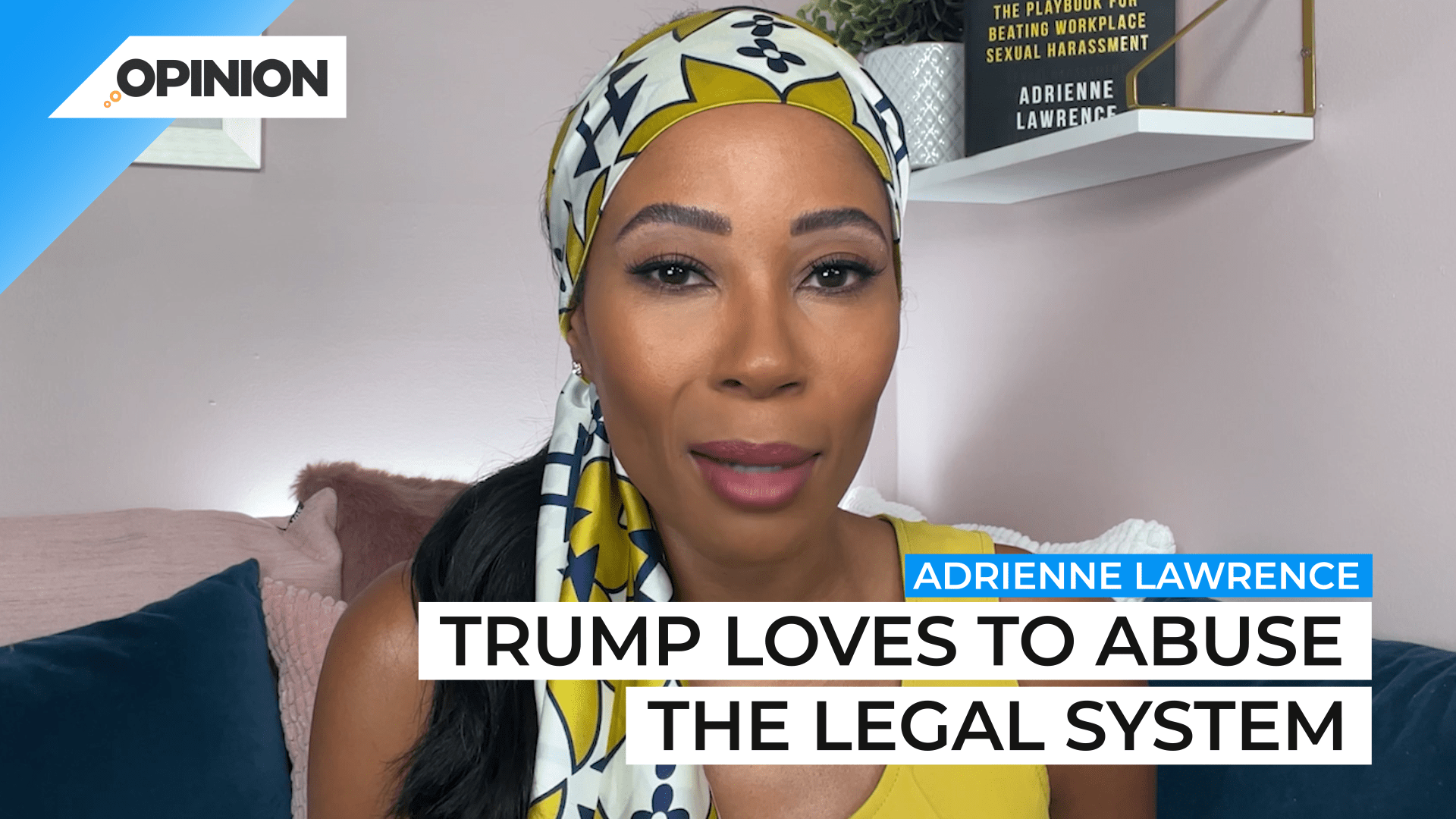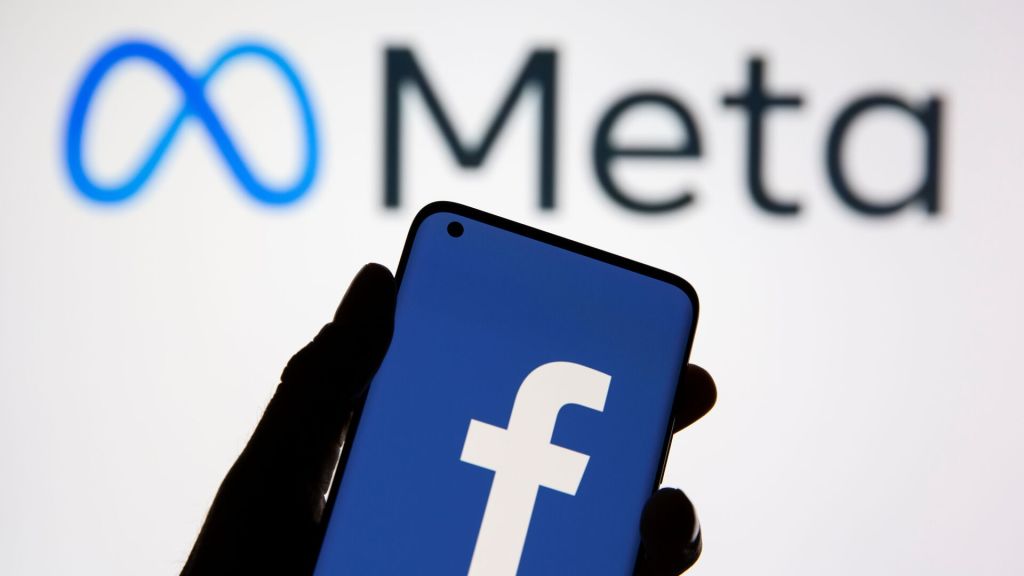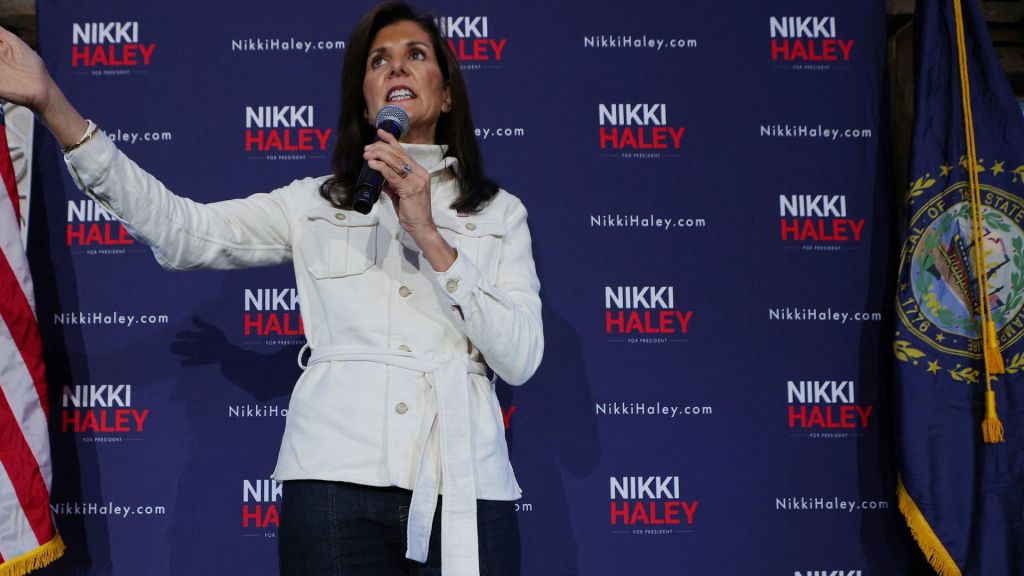
Commentary
-
Our commentary partners will help you reach your own conclusions on complex topics.
It appears Attorney General Merrick Garland is in fact doing his job as we now know that the Department of Justice is reportedly investigating President Donald Trump in connection with efforts to overturn the 2020 presidential election. This is a good thing. But it may not ultimately result in prosecuting Trump because securing a conviction in the court of law is very different than securing one in the court of public opinion. Even so, if the evidence is sufficient even if the conviction isn’t certain, the Attorney General must proceed with prosecution to underscore the point that no one is above the law—something he recently re-emphasized when asked about the possibility of prosecuting President Trump. Let’s talk about why securing a conviction doesn’t appear certain as of yet despite the evidence we’ve heard from members of congress. >>>> Indeed, over the course of multiple hearings, the January sixth house select committee has been unearthing damning details about President Trump’s reportedly indirect and direct involvement in the January sixth attack on the U.S. Capitol. The narrative we’ve heard is that Trump, the Proud Boys and at least one Capitol police officer were the main players orchestrating the assault. For example, as the New York Times documented, “the committee used its fourth hearing to detail how Mr. Trump was personally involved in a scheme to put forward fake electors.” Plus, the witness testimony recounting President Trump’s actions on or around January sixth tell the story of a leader refusing to admit defeat and willing to use all efforts regardless of legality to remain in power. The three crimes the committee members believe Trump most likely committed include two felonies with at least one carrying up to 20 years in prison. They’ve laid out a case that’s quite damning on the public stage, but it simply may not draw a win in a courtroom. >>> The standards for admitting evidence in a court of law are far higher than in a congressional hearing where, for instance, the admissibility of hearsay is a non-issue. We can’t ignore the fact that some of the testimony offered at the one-six hearings were second-hand conversation that would not fly in a court of law. Garland knows this. So, if DOJ wanted to use those conversations in court against President Trump, it would have to go to the original source or find some support that would survive challenge. That’s a reality that the top dawgs at DOJ realize, which is likely why they’re interviewing witnesses beyond those brought before the January sixth congressional committee. With actual prosecution power, DOJ is in a stronger position than congress is to get people to act right. But that doesn’t mean DOJ would be able to get Trump to act right. Garland must appreciate that prosecuting Trump would be a drawn-out process that would likely exceed Biden’s administration. Let’s be real here: Trump loves to abuse the legal system, arguably pursuing frivolous arguments and appeals, likely in hopes of wearing down his opponent and delaying the ultimate outcome. Look at how he’s approached the investigation brought by the New York State Attorney General’s Office. If you think he wouldn’t do the same thing when up against the U.S. Attorney General in the face of federal charges, I’ve got beachfront property in Utah to sell you. Trump will do everything in his power to dodge accountability, including pursuing lengthy interlocutory appeals (that is appeals filed in the middle of the case). He’ll run challenges all the way to the U.S. Supreme Court where he’s stacked the deck. Or better yet, he’ll delay until the administration changes, and he gets a sympathetic public servant willing to find an artful way to make the case disappear. All said, even if DOJ gets the evidence, it may not get a win. Attorney General Garland must understand these hurdles as he considers whether to prosecute. And as much as he maintains that no one is above the law, I refuse to believe he’s not also considering the political ramifications of having an administration prosecute the head of the former administration. The United States has been playing savior to nations across the world who have engaged in similar moves. So it’d not be a good look for the world leader to do the same thing it’s condemned others for doing—all while a win isn’t guaranteed. With all that said, if Garland comes up with the admissible evidence, the Department of Justice still must move forward with prosecuting Trump. January sixth was game-changing for the United States, a nation long-known to have two separate justice systems for the have and have nots. We’re holding onto the last bastion of hope as it concerns maintaining our democracy. If America is going to survive this evolution, it will have to at least make a valiant effort to defend democracy in the court of law, no matter the outcome—win or lose.
-
Supreme Court must end criminalization of homelessness
On April 22, the U.S. Supreme Court addressed the nation’s homelessness crisis, considering whether an Oregon city had the right to ban homeless people from camping in public spaces. A majority of justices appeared inclined to support the city’s efforts to regulate homeless encampments on public grounds. This decision carries significant implications for the growing…
-
Why are non-consensual pelvic exams still happening?
More states are beginning to crack down on the surprisingly common practice of medical students and professional staff performing non-consensual pelvic exams on unconscious men and women in hospitals, universities and other medical facilities. Just one year ago today, those practices remained legal in a majority of U.S. states. Now, however, a new directive from…
-
Congress should repeal the Foreign Dredge Act
The collapse of Baltimore’s Key Bridge presents challenges for cleanup and construction crews who rely on dredging vessels to complete their work. That’s partly because of the Foreign Dredge Act, a 1906 law that prohibits foreign-made dredging vessels. Congress is now introducing a measure to revise parts of that law, although previous attempts to do…
-
Gen Z women must fight for their rights
Gen Z, the first “digital native” U.S. generation, is entering the workforce, studying at university and serving in the military. From school shootings and cyber-bullying to COVID-19 and the overturning of Roe v. Wade, this generation has been shaped by unique trends and events, and how they will behave as citizens and voters is an…
-
Users must have rights in Big Tech’s AI race
Big Tech companies across the board, including Meta, X, Amazon, Microsoft, and Alphabet are racing to draft policies that enable them to use user-generated content to train advanced generative AI models without user permission or compensation. The Federal Trade Commission is investigating where it can, but government regulations lag far behind the rapid pace of…
Latest Opinions
-

Supreme Court justices split over Idaho’s abortion law
-
 Getty Images
Getty Images
Businesses sue over FTC ban on noncompetes
-
 Getty Images
Getty Images
National Enquirer ex-publisher: Tabloid made up stories to help Trump
-
 Getty Images
Getty Images
Bird flu fallout: USDA says milk is safe, states must test dairy herds
-
 Getty Images
Getty Images
Biden administration cracks down on flight refunds and hidden fees
Popular Opinions
-
In addition to the facts, we believe it’s vital to hear perspectives from all sides of the political spectrum.


